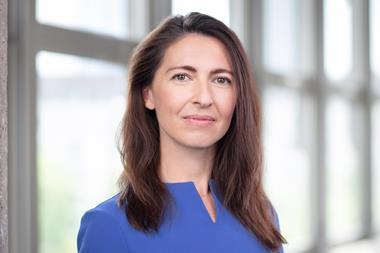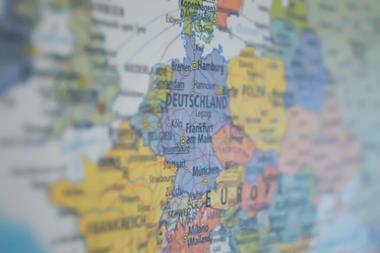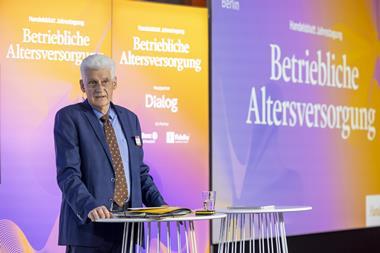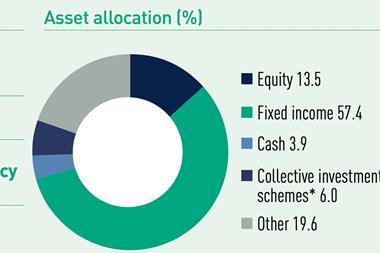Germany’s pension package II reform – Rentenpaket II – will create a funding gap of €34bn in the next decade, despite the equity pension fund planned to slow down the increase in terms of contribution rates, according to the German Economic Institute (IW).
With the upcoming reform, the German government intends to keep the level of pension at 48% of the average wage. This means that anyone who has worked for 45 years, and earned an average salary, should receive 48% of the average employee’s earnings as a pension.
But, according to IW, the number of pensioners will increase disproportionately compared to contributions.
If expenses for pensions increase at the same rate of the level of pension, around €631bn would be due in 2035, instead of the previously expected €597bn – leaving a gap of a €34bn, it said.
In its pension report, the government foresees a level of pension of 45.4% of wages in 2035 – with an increasing contribution rate of 21.1%, IW said. Currently, contributions cover 77% of the expenses for pensions, and the government covers the remaining 23%.
If the split between contributors and government remains unchanged, the contribution rate should increase to 22.3%, from currently 18.6%, instead to “only” 21.1%, IW explained.
The government’s answer to the increase in terms of contributions is the Aktienrente, equity pension, also called Generationenkapital, that has already received criticism for the modest impact that will likely have on the slowing down of contribution rates.
The foundation “Generational Capital” will invest assets in capital markets and transfer the annual income to the first pillar scheme. However, IW has questioned the chance of success of the “Generational Capital” foundation to achieve sufficient returns to dampen the increase in contribution rates.
Labour minister Huberus Heil and finance minister Christian Lindner want to introduce to the public the Rentenpaket II tomorrow, according to reports.
Looking for IPE’s latest magazine? Read the digital edition here























